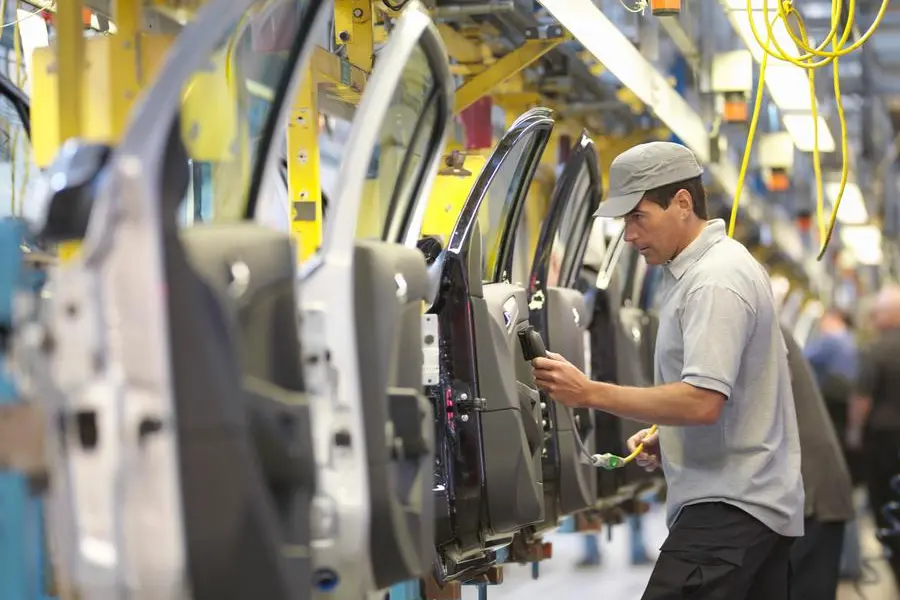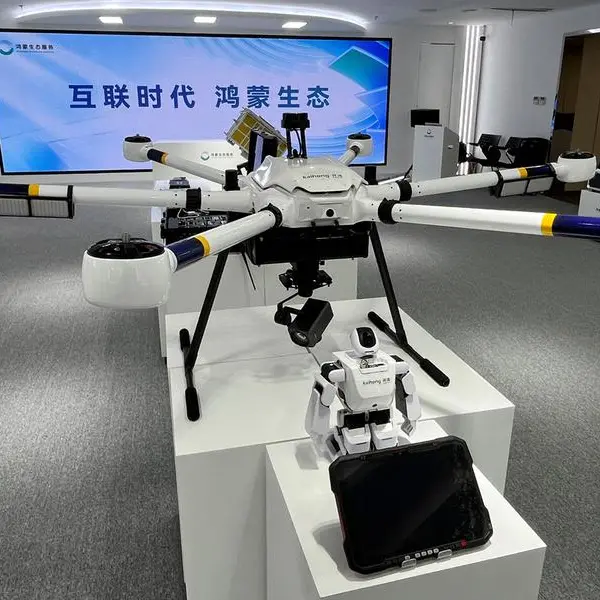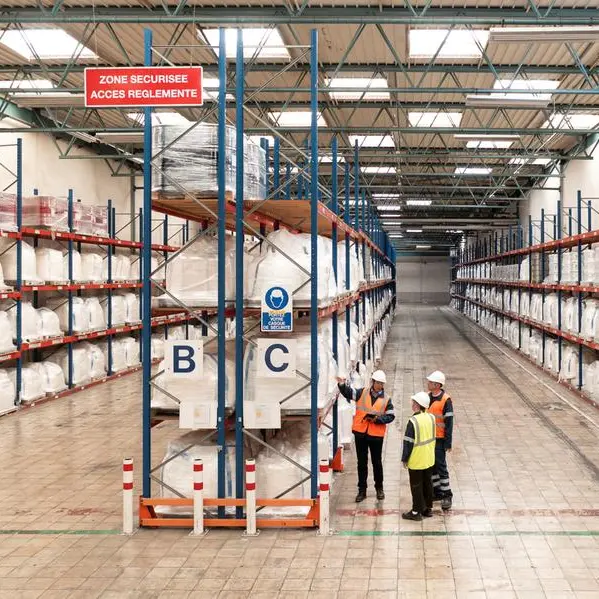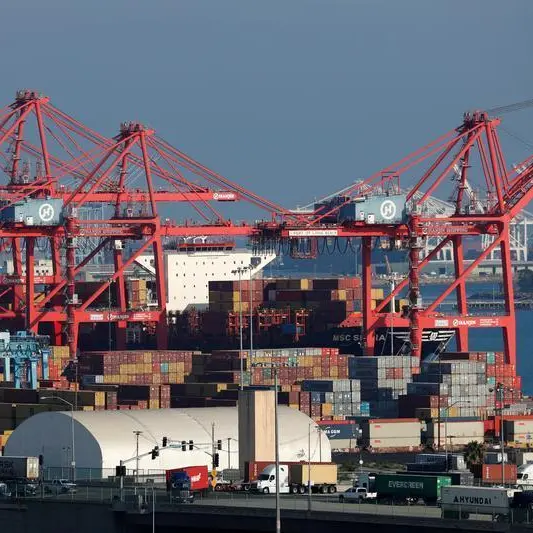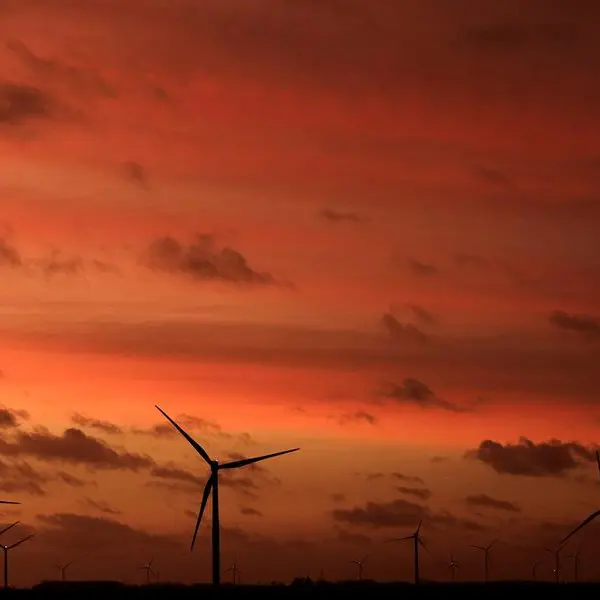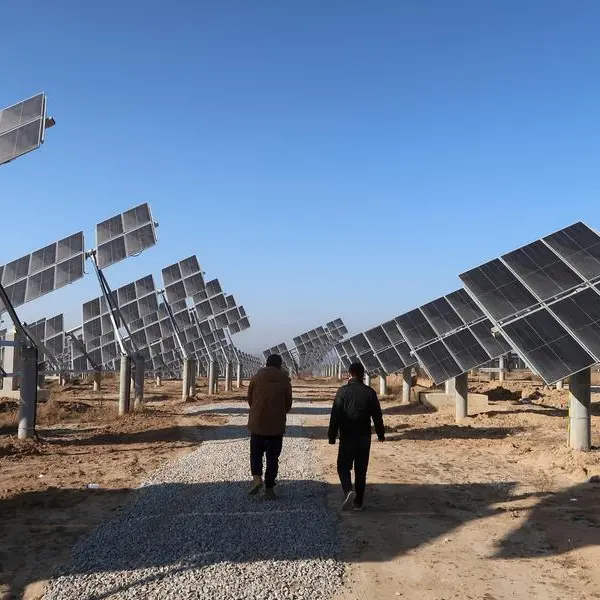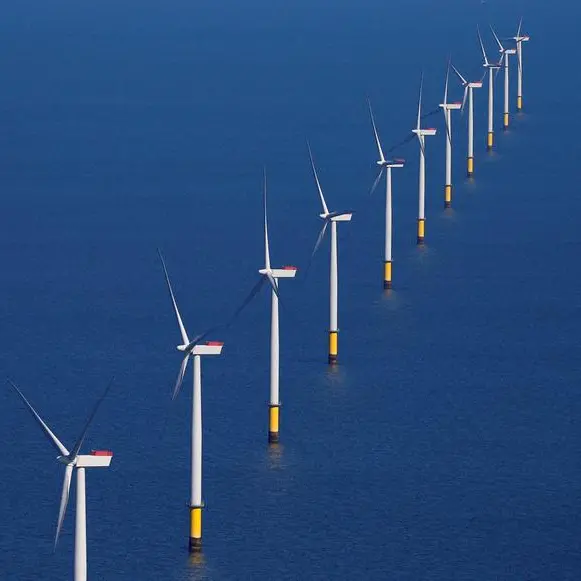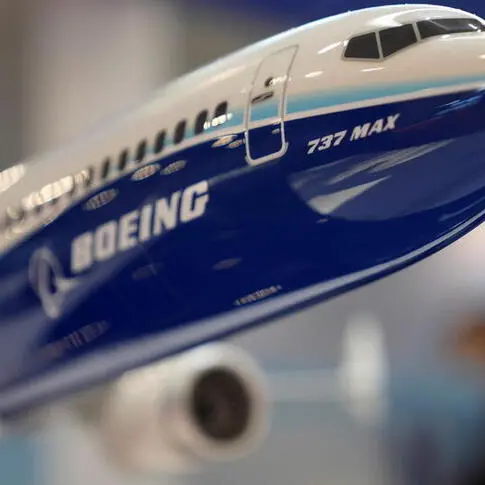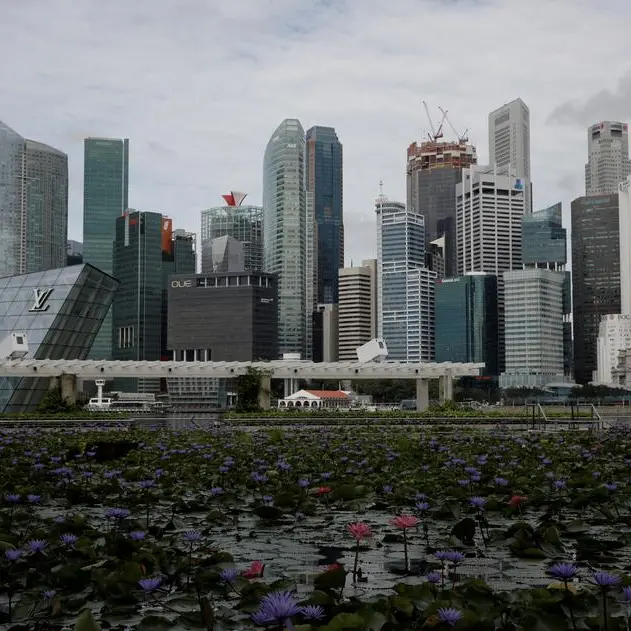PHOTO
NEW YORK – The United Auto Workers’ first-ever strike against the so-called “Big Three” (General Motors, Ford, and Chrysler-owner Stellantis) underscores the need to bring climate action, economic growth, and workers’ rights into alignment. Public policies aimed at increasing the production and sales of electric vehicles (EVs) have the power to catalyze innovation and private-sector investment in ways that benefit workers. But realizing that potential requires a new understanding of the role that both government and workers play in driving positive economic change at scale.
While the UAW has made clear that it is not opposed to the transition to a low-carbon economy, it insists that this shift should encompass the creation or preservation of good jobs. The broader implication is that if the “green transition” does not fully bring about workplace and economic justice, it will lack the political support needed to get out of the starting blocks. And make no mistake: Only governments have the power both to drive this economic transformation and to ensure that it improves the lives of working people. Here is what they must do.
First, states can and should do more to set a general direction for investment, innovation, and growth. By establishing bold climate goals or “missions” with ambitious, measurable targets, they can crowd in public and private investment and spark cross-sectoral innovation.
By their nature, climate-related missions – such as phasing out internal combustion engines, decarbonizing the energy grid, or reducing the material content of steel (as Germany has done) – will advance the fight against climate change and create massive opportunities for businesses that are aligned with the same goals. But for this approach to work in the timeframe that climate scientists have given us, it will need the focus and urgency of a wartime mobilization.
Such occasions have often sparked innovation and helped crowd in private investment at scale before. Indeed, at key moments in history, they have fostered a wider appreciation of ordinary hard-working people.
One resonant example is the contribution made by Walter Reuther of the UAW (the same union on strike today) during World War II. Reuther both abhorred fascism and saw an opportunity for workers. In 1940, under his leadership, the UAW successfully demanded that American auto companies convert to wartime production on a much faster timeline than management was proposing. Had the union not embraced this proactive position, US war mobilization probably would have taken much longer – or failed altogether.
Second, governments can set the terms of access to public funding to require recipient businesses to implement fair labor policies, limit shareholder buybacks, align their operations with climate goals, and reinvest profits in workers and research and development. This can include repurposing existing subsidies to incentivize the auto sector and related sectors to transform in line with a just green transition. Conditions on public grants, debt or equity investments, tax benefits, and other incentives are all powerful levers for maximizing public value-creation.
For example, the CHIPS and Science Act and the Inflation Reduction Act in the United States include some “guardrail” provisions limiting shareholder buybacks and setting requirements regarding profit sharing, job conditions, wages, and worker training and apprenticeships. But as important as these steps are, the current US industrial strategy has not yet done enough to ensure that workers have sufficient economic power. Doing so will be essential to building the broad support that is needed to navigate the transition to a low-carbon economy.
Finally, governments must break their habit of outsourcing to consulting firms, and instead invest in building up their own capacities. Otherwise, they will not be able to muster the leadership necessary to bring growth, climate, and labor goals into alignment.
Returning to the example of the US, recent industrial-strategy legislation reflects an understanding of this issue but has offered rather uneven provisions for labor. This gap has been particularly stark in the auto sector. Though workers were counted as “essential” and asked to work in high-risk environments during the COVID-19 pandemic, automakers’ corporate profits have not been shared fairly with the workforce – despite significant government support for the industry following the 2008 financial crisis.
Now, these gaps in worker protections are threatening the political viability of the entire green transition. Earlier this year, UAW President Shawn Fain voiced concerns that, because the shift to EVs was not prioritizing labor standards for production-line workers, public money mobilized by the Biden administration may end up unwittingly subsidizing the destruction of the auto industry’s middle-class workforce.
How? Go to a place like Lordstown, Ohio, and you will find unionized General Motors auto-assembly plants paying $32 per hour, and newly built battery plants (partly owned by the same company) opening with starting pay of only $16.50 per hour. No wonder the UAW has mounted a successful organizing drive there.
If governments want to fight climate change effectively, they must set a clear direction for growth, with a sustainable and inclusive economy as the ultimate goal. Public funding and partnerships with business all must be structured to share the rewards – rather than just the risks – of the transition with both workers and the public more widely.
What we are proposing is not far off from the policy goals that political leaders like US President Joe Biden and German Chancellor Olaf Scholz have articulated. But they still need to go further. When UAW picketers in Toledo, Ohio, chant “No justice, no Jeeps,” policymakers should recognize the critical subtext of that message: “No justice, no transition.”
To drive innovation at the scale and speed required to avoid a climate catastrophe, governments must establish a new social contract with businesses and labor. As long as good jobs and workers’ rights are seen as optional add-ons in the fight against climate change, we will be waging a losing battle.
Mariana Mazzucato, Founding Director of the UCL Institute for Innovation and Public Purpose, is Chair of the World Health Organization’s Council on the Economics of Health for All and the author of The Entrepreneurial State: Debunking Public vs. Private Sector Myths (Penguin, 2023). Damon Silvers is Visiting Professor of Practice in Labor Markets and Innovation at the UCL Institute for Innovation and Public Purpose.
© Project Syndicate 1995–2023
